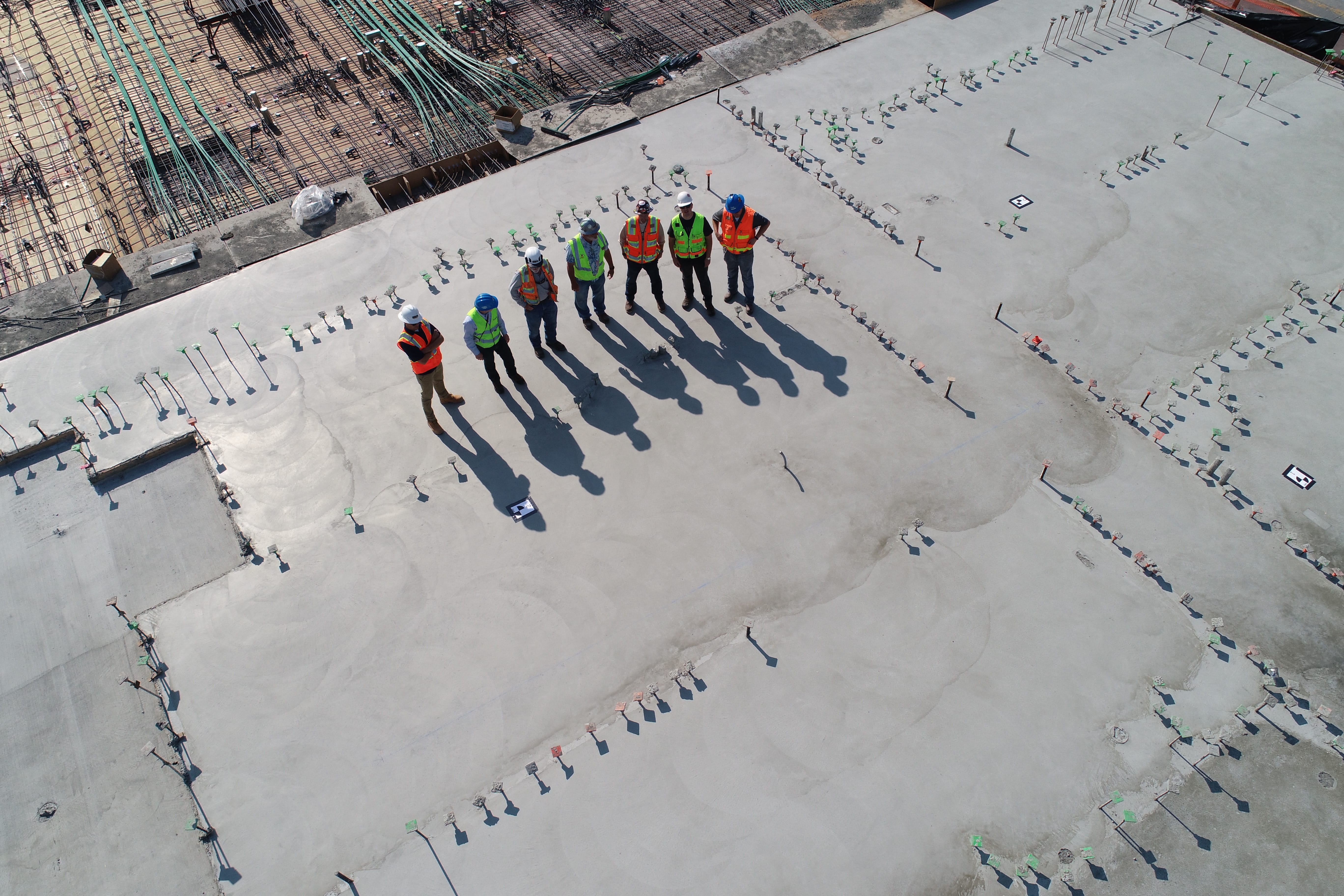The question of liability in a construction worker accident is rarely easy to answer.
Any number of people could be held liable for a construction worker accident. Multiple variables could affect the outcome of your case, including rules regarding workers’ compensation and the relationship between the defendant and plaintiff. It may be possible to hold more than one person liable for an accident on a construction site. However, it should be noted that the nature of your case and how your case plays out in court may change based on who you choose as a defendant.
In a construction worker accident case, the worker’s employer is often held liable for any workplace safety violations that contributed to the accident. However, other third parties may also be held liable. If the accident happened because of the negligent behavior of another employee, that employee might also be held liable. Alternatively, if an accident happened because of defective tools or equipment, the manufacturer or anyone else in the chain of sale could be held liable. Every case is unique, and it is best to speak with an experienced construction accident attorney about who should be held liable for your accident.
Holding an Employer Liable for a Construction Worker Accident
When people are injured on the job, they most often pursue a workers’ compensation claim to cover their expenses for things like medical bills and lost wages. However, most states extend workers’ compensation coverage only to workers who meet the legal definition of an “employee.” This allows independent contractors to sue as an exception to the normal workers’ compensation rules. In some states, such as New York, even independent contractors are covered by workers’ compensation in most cases and cannot sue without meeting certain exceptions.
If construction workers can file a workers’ compensation claim, they are usually unable to sue their employers for damages. Construction site employers could include the people who own the construction site, general contractors who hire subcontractors, and anyone else in charge of a construction worker’s employment.
Safety code violations may prove liability. Different states and cities may have different safety code requirements. The Occupational Safety and Health Administration (OSHA)’s regulations are a good place to begin your case. OSHA is a federal administration dedicated to establishing and enforcing safety standards across numerous work environments, including the construction industry. Sometimes injuries involving safety violations are enough to allow workers who might be barred from suing to sue their employers anyway.
If your accident was caused by negligent safety violations, you may be entitled to hold your employer liable under a theory of negligence. Furthermore, if your employer exhibited a higher degree of recklessness or acted maliciously, you may be entitled to punitive damages, depending on what state you are in.
Third-Party Liability for Construction Worker Accidents
A third party is someone other than the injured construction worker and their employer that is connected to the accident. For example, other employees on the construction site, manufacturers of defective equipment, or strangers who happen to pass by the construction site could all be liable third parties, depending on state rules.
Third parties can often be held liable for construction accidents they caused in addition to or instead of an employer. The nature of your case may change depending on who the third party is. If your accident happened because your construction equipment or tools were defective, you could be able to sue the manufacturer for products liability. In such a case, the manufacturer could be held strictly liable for your injuries. On the other hand, a third party like another contractor or a passerby who causes an accident will likely be held liable under a theory of negligence or intentional tort rather than strict liability.

Even in states where a workers’ compensation claim is required by law and a personal injury lawsuit would be barred, lawsuits against third parties are typically allowed.
How Contributory or Comparative Negligence Affects Liability for Construction Worker Accidents
Liability is not always clear. Defendants also very rarely admit to being fully liable for an accident on a construction site, meaning it will be necessary to prove the defendant’s negligence. It is more likely that a defendant will accuse the plaintiff of causing their own accident in an effort to shift blame. This issue would involve rules of “comparative negligence” or “contributory negligence.” The precise rule that would apply in your case depends on the rule adopted by your state.
Modified comparative negligence rules dictate that a plaintiff’s damages will be reduced in proportion to their own negligence. So, if you are found to be 15% liable for the accident, your total damages award may be reduced by 15%. However, if your negligence exceeds 50%, you may be barred from any recovery.
Under a pure contributory negligence rule, a plaintiff may see their damages reduced in proportion to their negligence, but there is no cut-off. Theoretically, you may recover damages even if your negligence exceeds 50% or even 90%. However, you may find it difficult to recover damages once your negligence exceeds that of the defendant.
Other, stricter rules may bar any recovery if the plaintiff is even the slightest bit negligent. This rule is far harsher than other comparative negligence rules and is not used by most states. Depending on what kind of rules your state has, liability may or may not be proven if you are also found to be negligent.
Talk to an Attorney About Liability in Your Construction Accident Case
The question of liability in a construction worker accident is rarely easy to answer. Construction sites are usually full of people performing various jobs, and most of these jobs come with some inherent danger. Safety is of the utmost importance on a construction site, and violations of safety codes or defective equipment could spell disaster for a construction worker. You should speak with a construction accident lawyer in your state about who should be held liable for your accident.


Join the conversation!